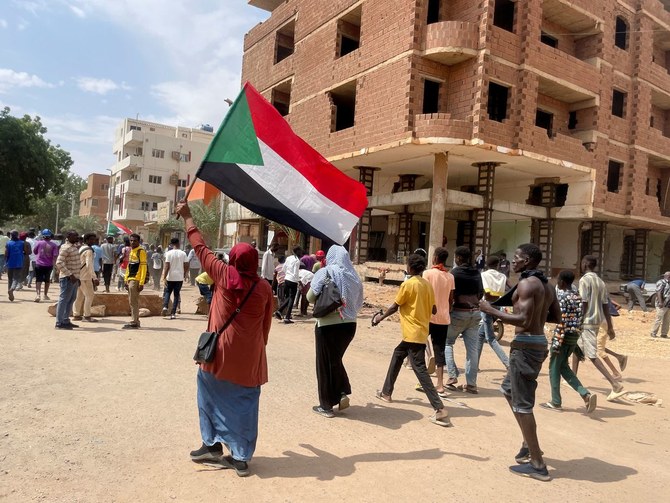About 14,000 people displaced from Ar Rusayris, Sudan are sheltering in three schools in Ed Damazine town, according to a report by the UN Office for the Coordination of Humanitarian Affairs released on Tuesday.
The UN revealed in its report that an additional 1,000 people had been displaced in Ar Rusayris, as well as 500 in Geisan. There is a possibility that the total number will increase pending verification.
In addition, an estimated 1,800 people have been displaced to Sennar State. The UN office warned that urgent support is required to de-escalate the situation and ensure civilians are protected from further attacks.
Safe water and latrines are required, as is the establishment of temporary health units in areas where people are internally displaced.
According to the report, the security situation in Blue Nile is calm “but unpredictable,” and local authorities agreed on cautionary road travel from Khartoum to Ed Damazine, as well as the resumption of UNHAS flights to Ed Damazine.
The governor has also met with humanitarian partners and requested that they assist the newly displaced people.
The UN office said that a needs assessment of the displaced people was carried out at the three school locations on the same day.
The preliminary findings indicate that internally displaced people should be organized and redistributed into five locations, as the gathering points have become overcrowded and congested.
The National Health Insurance Fund in Blue Nile is committed to providing health staff and medicines, while the Sudanese Red Crescent Society has provided volunteers, with eight people in each health unit.
Two medical doctors, two pharmacists, one nurse, one medical assistant, and two lab technicians will work at each location.
However, requests have been received to increase Damazine hospital’s capacity to deal with the growing caseload.

























